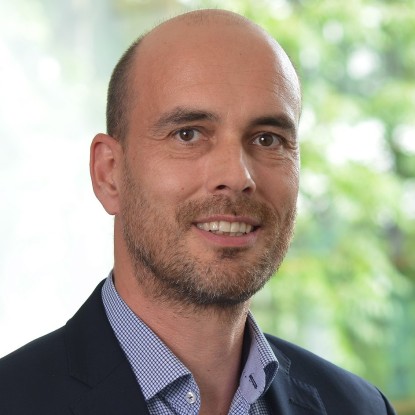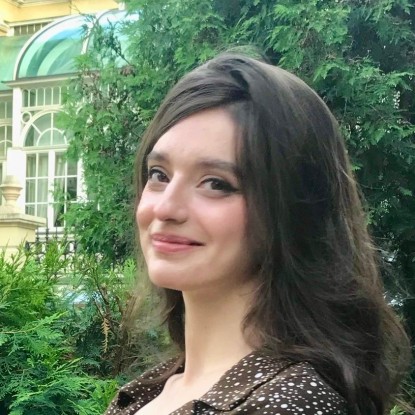The goal of this research project, situated between the disciplines of International relations (IR) and history, is to recover and critically discuss the international thought of the Russian sociologist and peace activist Jacques [Jakov Alexandrovich] Novicow (1849-1912). Novicow, who wrote mostly in French, is almost completely forgotten although he was a true pioneer of a social-scientific approach to the study of international politics. His La politique internationale (1886) and its sequel, Les luttes entre sociétés humaines et leurs phases successives (1893), can count as two of the first academic books on international relations based on clearly specified and theory-driven expectations about the evolution of human societies and the concomitant changes in political behaviour.
Novicow’s approach to the study of international politics is original. Inspired by the progress made by the natural sciences in the 19th century he adopted an evolutionary approach to the study of the social world. To be sure, the turn to evolutionary biology was fashionable among his contemporaries, the economists and early social scientists of the late 19th century. Novicow, however, attacked what he perceived as rather simplistic adaptations of Darwin’s ideas to politics and history that interpreted warfare as a natural struggle among nations or races that competed for scarce resources. He acknowledged that human associations had always been struggling with each other but argued that the struggle changed its character over time as humanity made technological and economic progress – from physical violence to forms of economic and intellectual competition.
Novicow also gave the biological concept of adaptation to changing environments a new, cosmopolitan twist. In his later work, adaptation refers to the challenges that humankind faces as a species, in particular natural disasters and infectious diseases. Intellectual competition, understood as the search in many places for best responses to those hazards, was conducive to the survival of the species, while struggles over territory and political domination were not. This original approach to the study of international politics makes a critical reappraisal of Novicow’s ideas worthwhile in times of war, a global pandemic and global warming at a pace that seems to defeat even the most pessimistic scenarios. This project is funded by the Fritz Thyssen foundation for the period 2022-2024.



